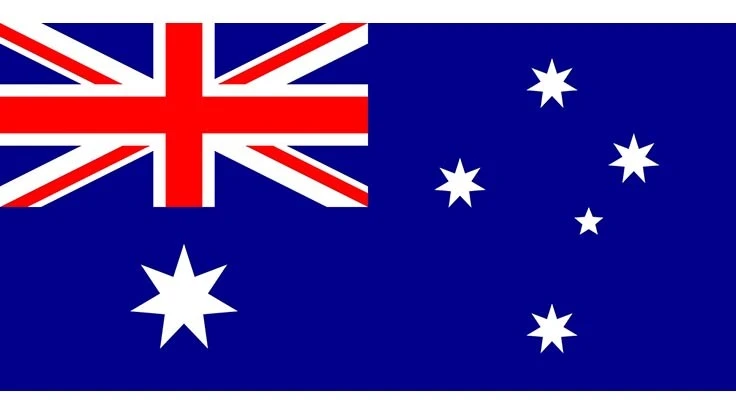
The Australian Packaging Covenant Organisation (APCO), Sydney, and Planet Ark Environmental Foundation, Sydney, have confirmed that Australia’s federal government committed $3 million to support four recycling education and resource recovery projects in the country. According to a news release from APCO, the funding is part of the federal government’s $203 million package announced earlier this month in Melbourne, Australia, to increase recycling and reduce waste, protect Australia’s threatened species and restore the nation’s waterways and coasts. The package will also provide essential resources and support to drive the delivery of the 2025 National Packaging Targets.
APCO reports that the National Consumer Education Program will receive $1.1 million to create a consistent national approach to consumer education on reducing, reusing and recycling packaging over the next four years. This program will extend the reach of the Australasian Recycling Label Program (ARL), which is an evidence-based labeling scheme that was launched by Hon Melissa Price in September 2018 and has since been adopted by more than 200 Australian organizations, APCO reports in anews release. This new funding will allow the program to expand and include away-from-home recycling, the use of recycled content, compostable packaging and encouraging reduction and reuse behaviors.
An additional $1.6 million in funding will support the development of a Circular Economy Hub, a new online platform and marketplace that will help drive innovation in the transition to a circular economy in Australia. In addition to highlighting the latest sustainability education and resources, the site will match buyers and sellers in waste resources to help them identify products and sustainable materials, including recycled content. The online marketplace functionality will help to build the end markets for recycled products in Australia and provide essential education to the supply chain about the availability of sustainable options.
Also, the Regional Model for Soft Plastics Recycling project is a partnership between APCO and Australia's Plastic Police, a program developed by Cross Connections to promote regional collection and recycling of soft plastics. The Plastic Police program is currently operating in the New South Wales’ Hunter Region and will receive $150,000 to explore opportunities for expansion, including deployment in other regions.
APCO reports that a further $150,000 will be provided to the Remote and Regional Waste Collection Partnership project aiming to support governments and communities to address the challenges of waste and resource recovery in remote and regional areas in Australia.
Brooke Donnelly, CEO of the APCO, says, “We are delighted the government has recognized the value of the ARL and the other connected projects that APCO and our partner network is committed to delivering. This funding will enable us to continue our collaborative work with industry and our partners to ensure that we meet the 2025 targets and continue to work toward achieving a circular economy in Australia.”
“The Circular Economy Hub will provide businesses with the knowledge and tools needed for their transition to a circular economy,” says Paul Klymenko, CEO of Planet Ark Environmental Foundation. “An important element will be the Circular Economy Marketplace, which will act as the B2B ‘eBay’ for the circular economy. Planet Ark is thrilled to have been entrusted with the development of these vital tools.”
Latest from Recycling Today
- U.S. Aluminum Co. explores aluminum fabrication plant in Oklahoma
- Sonoco completes portfolio transformation
- Eriez Shred1 data demonstrates scalable copper control
- RCI selects CurbWaste as exclusive operational management platform
- Updated: Supreme Court strikes down IEEPA tariffs
- Recycling Today Media Group launches Scrap Expo Lunch & Learn Webinar Series
- LyondellBasell scales back recycling target
- Former Liberty UK mills eyed by 3 suitors





